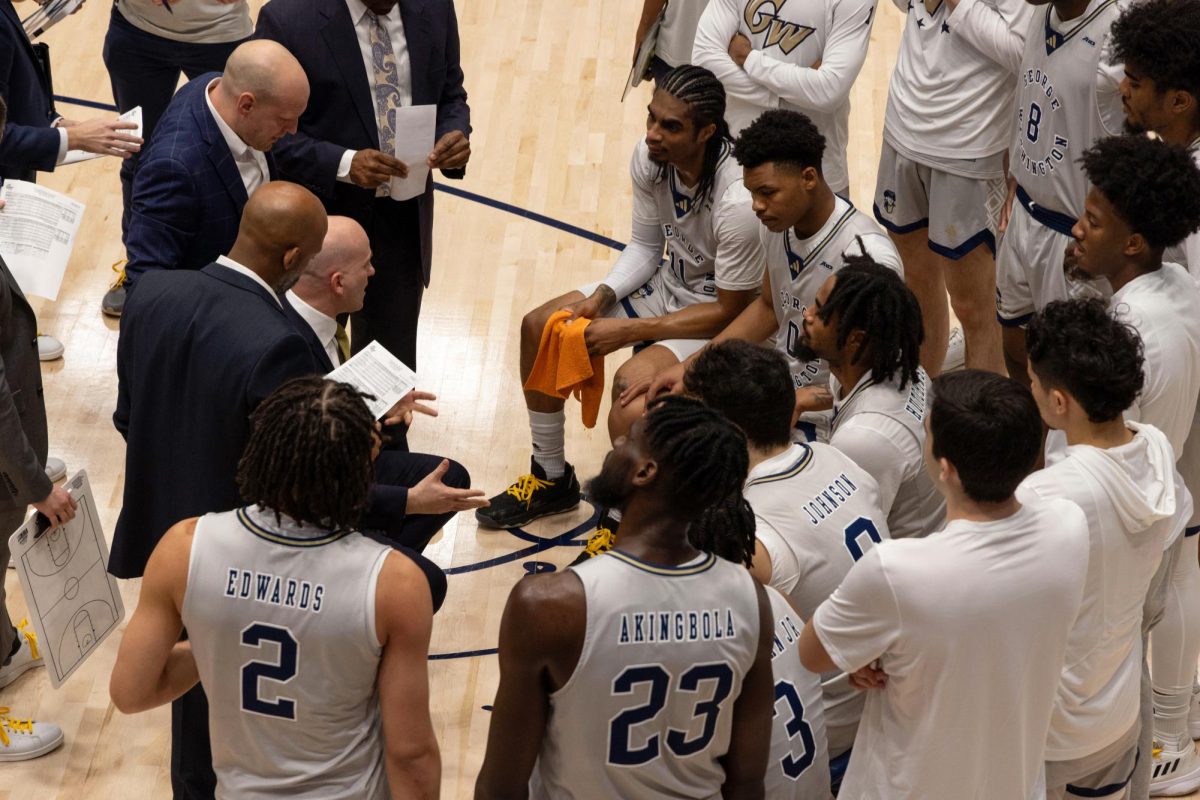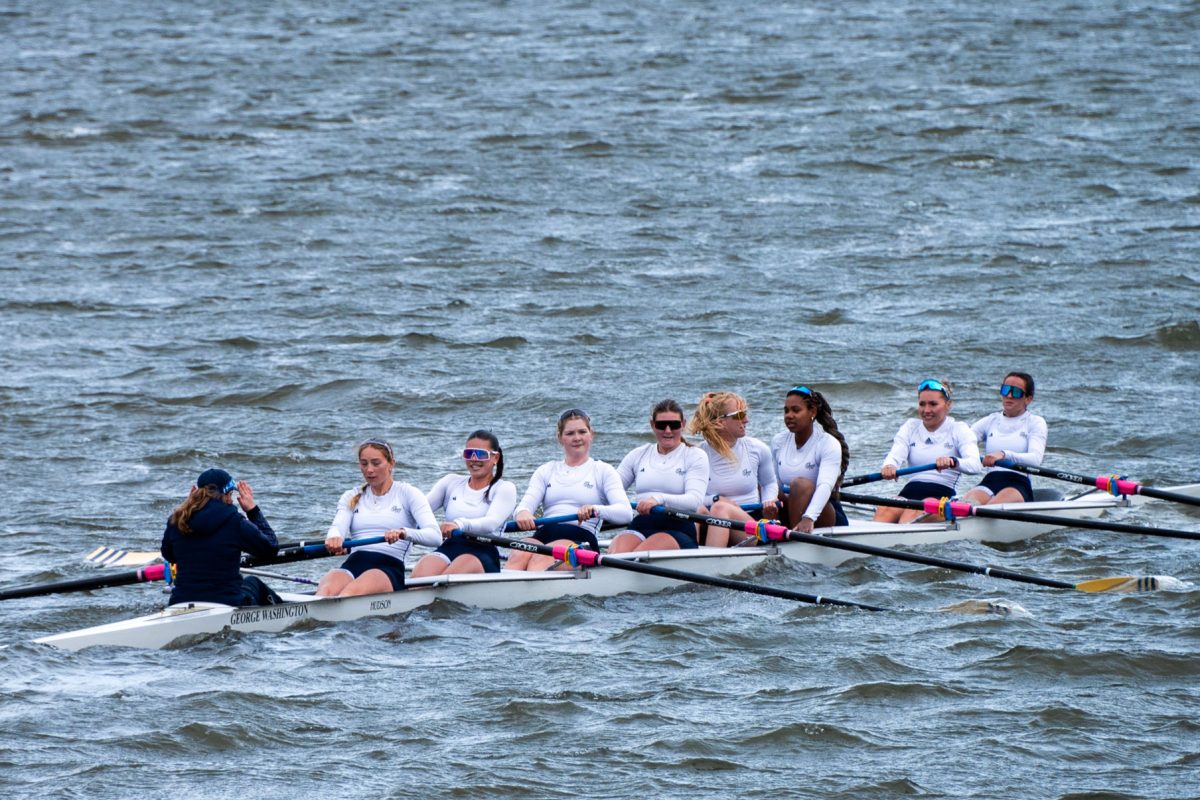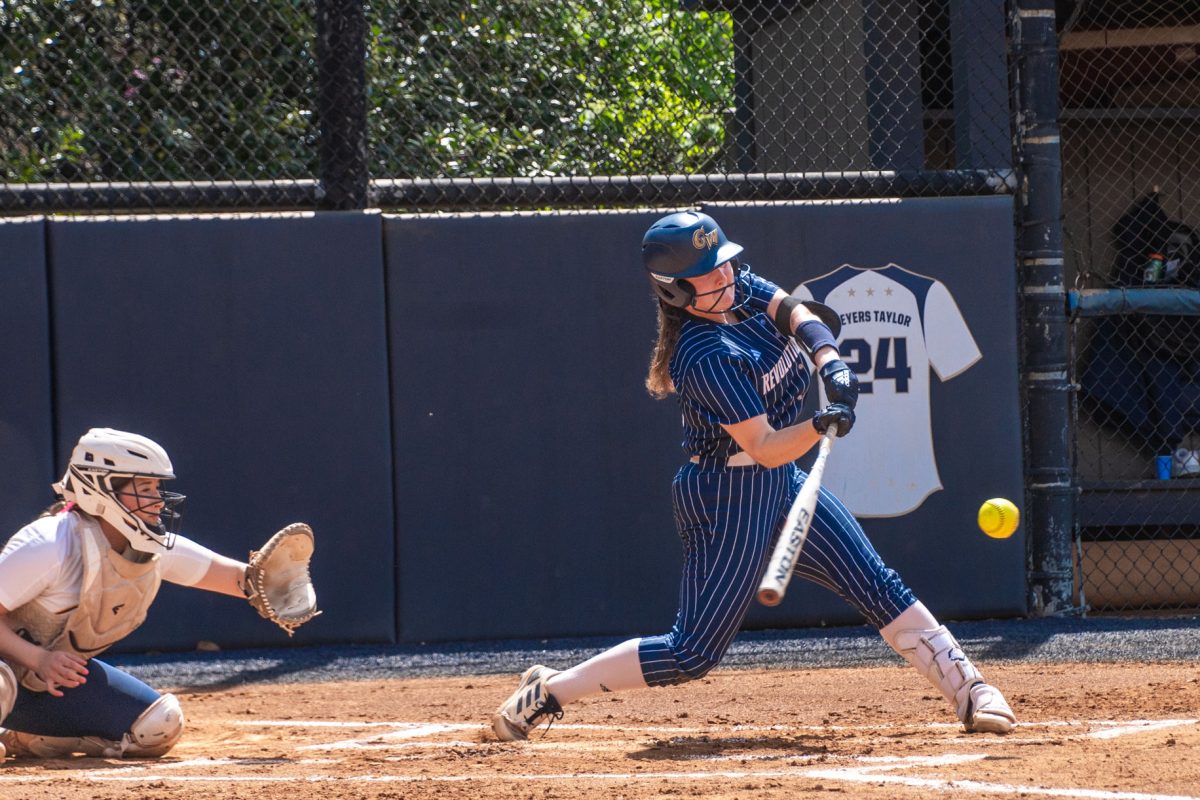Leaders of club sports teams have formed a council to lobby the University for additional funding and practice space.
The Club Sports Council, founded by senior Katie Easter, who also serves as the president of the club field hockey team, said the 32 club sports teams experience common frustrations from dealing with multiple campus offices, such as the Student Association and the Office of Campus Recreation, when trying to secure funding or book practice and game facilities.
“To my knowledge, there has never been collaboration on the scale of what the Club Sports Council will be. The more I talk with members of other club sports, the more I am surprised that an organization like this has not surfaced before. Many clubs have more commonalities than differences,” Easter said in an e-mail.
The first meeting of the council was held March 28, with 12 teams represented. Easter said she is confident that as the organization becomes more established, more teams will want to join.
Jennifer Perry, president of the women’s club soccer team, said one of the biggest issues for her team is the lack of attention garnered from the University. Compared to their opponents, Perry said the support her team receives is very poor.
“In my opinion, the University does not see us as athletes, but rather the underachieving younger siblings of varsity teams. I think they figure that just because we are club sport teams, we will take whatever we can get, but this is far from the truth,” Perry said in an e-mail.
GW Cricket President Hugo Scheckter said that his team does not receive funding comparable to their opponents. For their recent trip to the 2010 American College Cricket Championship in Florida, the team received just 16 percent of the funding they requested, despite a donation to buy equipment from Senior Vice President for Student and Academic Support Services Robert Chernak’s budget.
“Apart from [that donation], it has been like trying to squeeze water from a stone. The whole financial system is a complete mess and that is one of our main targets in working within this council. It is constantly a case of diving into our own pockets to be able to represent GW on a national stage,” Scheckter said.
For the club hockey team, expensive membership dues are the result of minimal funding from the University, team president Taylor Guidon said. Because there is no ice rink on campus, the team must rent ice time for every practice and game, a cost that is increasing with the rise of hockey’s popularity in the District. Guidon said in a typical year the team spends anywhere between $20,000 and $25,000, while receiving between $3,000 and $5,000 in University funding.
“We all know GW charges an arm and a leg for most things and it is about time students received something back. We play to represent our school and get their name out in a positive manner. There’s no need for us to be poorly funded in doing so,” Guidon said in an e-mail.
Director of Recreational Sports Aubre Jones said that the current funding allocation for club sports teams is $25,000. In addition, the University provides indoor and outdoor facilities for practices and games through the Department of Athletics. Jones cited space as an issue due to the nature of a city campus, which forces several teams to practice and compete at off-campus locations.
“In an ideal world, I’d love to have more money to allocate to the club teams; more indoor and outdoor athletic facilities at our disposal both on or off campus; a dedicated, lighted sports field for both the Intramural Sports Program and the Club Sports Program; and a van pool to transport our teams to and from games. All that support costs money,” Jones said in an e-mail.
Easter said she sees incredible potential for the council to help club sports succeed in getting their voices heard and gaining the respect club sport athletes deserve from the University.
“Clubs from other schools we play receive much more support from their schools. They treat their club sports members like athletes. Considering that during the fall season, the field hockey team holds six practices a week and one game a weekend, and travels to other schools for most of our games, we deserve to be recognized as student-athletes, too,” she said.







